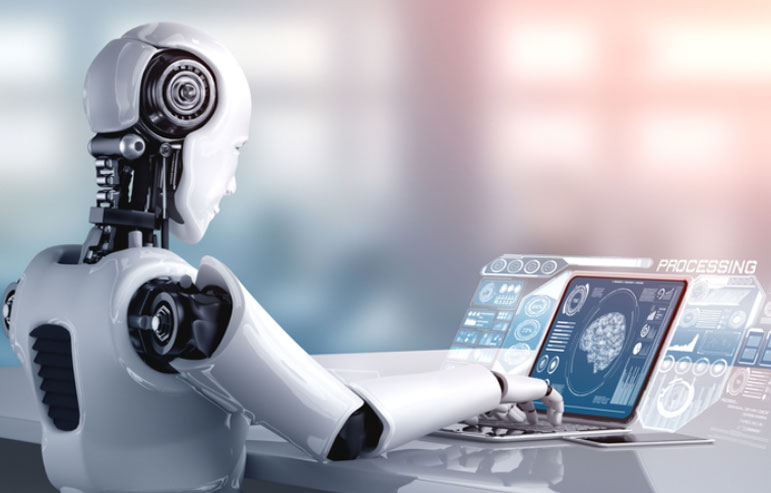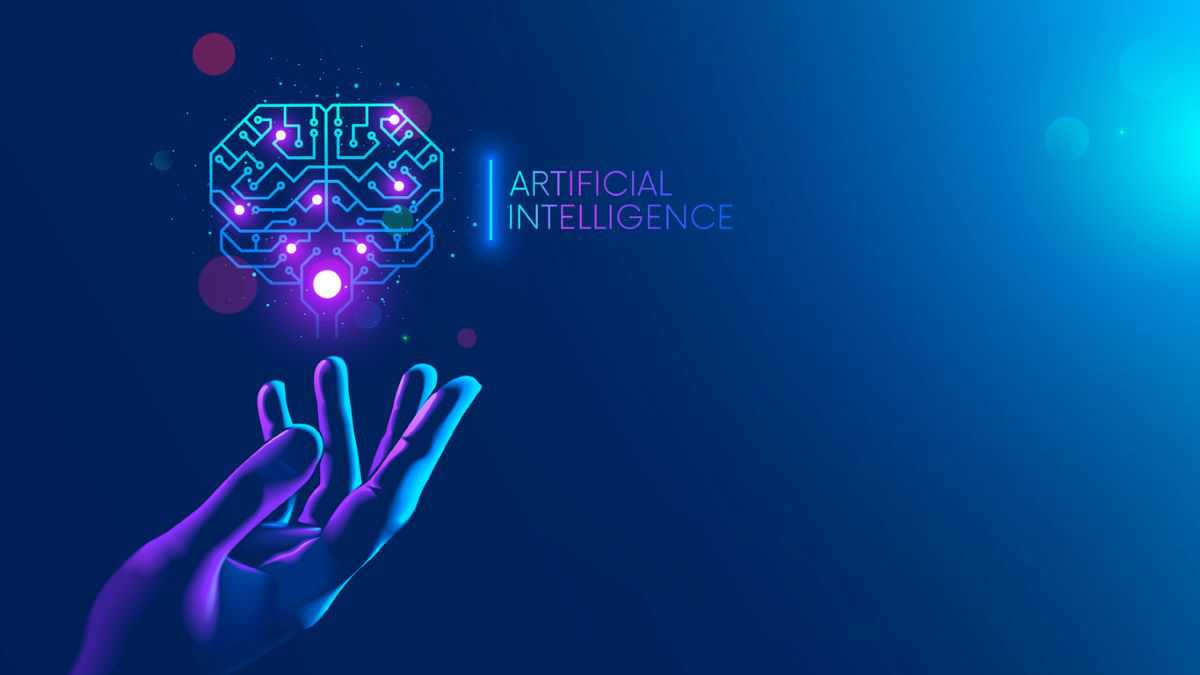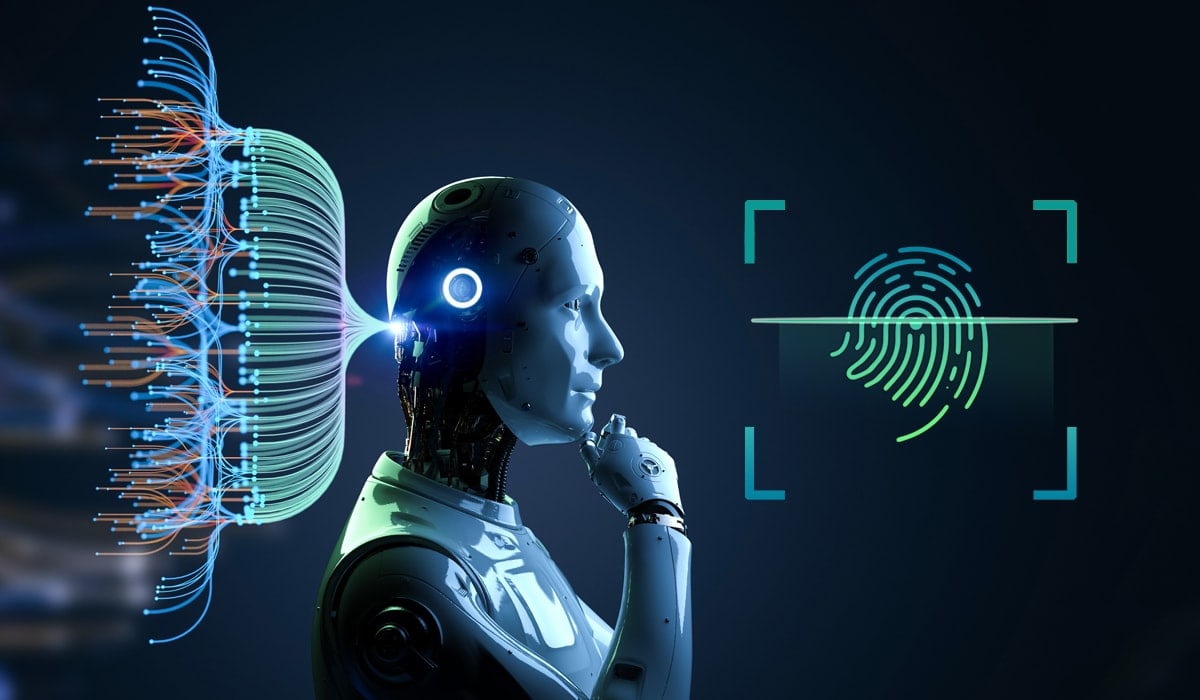Artificial Intelligence (AI) is a branch of computer science that aims to create machines capable of performing tasks that typically require human intelligence. This includes learning, reasoning, problem-solving, perception, and language understanding. AI has evolved significantly since its inception, transforming from theoretical concepts to practical applications that are reshaping industries and societies. This article provides a detailed overview of AI, its history, key technologies, applications, and ethical considerations.
Contents
Historical Background Artificial Intelligence

Early Beginnings
The concept of artificial intelligence can be traced back to ancient civilizations, where myths and stories featured mechanical beings endowed with intelligence. However, the formal study of AI began in the mid-20th century. The term “Artificial Intelligence” was coined in 1956 by John McCarthy, Marvin Minsky, Nathaniel Rochester, and Claude Shannon during the Dartmouth Conference, which is considered the founding event of AI as a field of study.
The Pioneers
The early pioneers of AI included Alan Turing, who proposed the idea of a machine that could simulate any human intelligence process. His work laid the foundation for modern computer science and AI. The 1950s and 1960s saw the development of the first AI programs, such as the Logic Theorist by Allen Newell and Herbert A. Simon, and the General Problem Solver, which could solve mathematical problems.
The Evolution of AI
AI research experienced periods of optimism and funding, known as “AI summers,” followed by periods of disappointment and reduced funding, referred to as “AI winters.” The field saw significant advancements in the 1980s with the development of expert systems, which used knowledge-based approaches to solve specific problems. The 1990s and 2000s witnessed breakthroughs in machine learning and data-driven approaches, leading to the current era of AI dominance.
Key Technologies in Artificial Intelligence
Machine Learning

Machine learning (ML) is a subset of AI that involves training algorithms to learn from data and make predictions or decisions without being explicitly programmed. There are several types of machine learning:
- Supervised Learning: Involves training a model on labeled data, where the correct output is known. Common applications include image classification and regression analysis.
- Unsupervised Learning: Involves training a model on unlabeled data, where the algorithm tries to find patterns or relationships. Examples include clustering and dimensionality reduction.
- Reinforcement Learning: Involves training an agent to make decisions by rewarding desired behaviors and punishing undesired ones. This approach is widely used in robotics and game playing.
Deep Learning
Deep learning is a subset of machine learning that uses neural networks with many layers (hence “deep”) to model complex patterns in data. Deep learning has revolutionized Artificial Intelligence by achieving state-of-the-art performance in various tasks, including image and speech recognition, natural language processing, and autonomous driving. Key architectures in deep learning include convolutional neural networks (CNNs) for image processing and recurrent neural networks (RNNs) for sequence data.
Natural Language Processing
Natural language processing (NLP) focuses on enabling machines to understand, interpret, and generate human language. NLP combines linguistics and machine learning techniques to perform tasks such as language translation, sentiment analysis, and text summarization. Recent advancements in NLP, particularly the development of transformer models like BERT and GPT, have significantly improved the ability of machines to process and generate human language.
Computer Vision
Computer vision involves enabling machines to interpret and understand visual information from the world. It includes tasks such as image classification, object detection, and facial recognition. Advances in deep learning, particularly CNNs, have propelled computer vision to new heights, allowing machines to accurately identify and analyze visual data in real-time.
Applications of Artificial Intelligence
Healthcare
AI is transforming healthcare by enabling early diagnosis, personalized treatment, and efficient healthcare delivery. Machine learning algorithms can analyze medical images to detect diseases such as cancer at an early stage. AI-powered systems assist doctors in diagnosing conditions, predicting patient outcomes, and recommending treatment plans based on individual patient data.
Finance
In the finance sector, Artificial Intelligence is used for fraud detection, risk assessment, and algorithmic trading. Machine learning models can analyze transaction data to identify unusual patterns that may indicate fraudulent activity. AI algorithms also help financial institutions assess credit risk, optimize investment strategies, and provide personalized financial advice to clients.
Autonomous Vehicles
AI is the driving force behind the development of autonomous vehicles. Self-driving cars use a combination of computer vision, sensor fusion, and reinforcement learning to navigate and make decisions in real-time. Companies like Tesla, Waymo, and Uber are at the forefront of developing autonomous driving technologies, aiming to make transportation safer and more efficient.
Customer Service
AI-powered chatbots and virtual assistants are latoto revolutionizing customer service by providing instant, personalized responses to customer inquiries. These systems use NLP to understand and respond to customer queries, reducing the need for human intervention and improving customer satisfaction. Companies like Amazon, Google, and Microsoft are leading the way in developing advanced AI-powered customer service solutions.
Agriculture
Artificial Intelligence is being applied in agriculture to optimize crop yields, reduce waste, and improve sustainability. Machine learning algorithms analyze data from sensors, drones, and satellite imagery to monitor crop health, predict pest infestations, and recommend optimal irrigation and fertilization practices. AI-powered systems help farmers make data-driven decisions, leading to more efficient and sustainable farming practices.
Ethical Considerations

Bias and Fairness
One of the major ethical concerns in AI is bias. AI systems can inherit biases present in the training data, leading to unfair and discriminatory outcomes. For example, facial recognition systems have been shown to have higher error rates for certain demographic groups. Ensuring fairness and mitigating bias in AI systems is crucial to prevent discrimination and promote inclusivity.
Privacy
AI systems often require large amounts of data to function effectively. This raises concerns about privacy and data security. Ensuring that personal data is collected, stored, and used responsibly is essential to protect individuals’ privacy rights. Regulations like the General Data Protection Regulation (GDPR) in Europe aim to address these concerns by setting standards for data protection and privacy.
Accountability and Transparency
As AI systems become more complex, ensuring accountability and transparency becomes increasingly important. It is essential to understand how AI systems make decisions and to hold developers and users accountable for their actions. This includes developing explainable AI (XAI) techniques that provide insights into the decision-making process of AI systems and establishing frameworks for accountability and governance.
Job Displacement
The widespread adoption of AI has raised concerns about job displacement and the future of work. While AI has the potential to automate repetitive and mundane tasks, it may also lead to the displacement of certain jobs. Addressing this issue requires a proactive approach to reskilling and upskilling the workforce, ensuring that individuals can adapt to the changing job landscape and benefit from new opportunities created by AI.
Conclusion Artificial Intelligence
Artificial Intelligence is a transformative technology that is reshaping industries and societies. Its applications span a wide range of fields, from healthcare and finance to autonomous vehicles and agriculture. However, the rapid advancement of AI also raises important ethical considerations, including bias, privacy, accountability, and job displacement. Addressing these challenges requires a collaborative effort from researchers, policymakers, and industry leaders to ensure that AI is developed and deployed responsibly and equitably. As we continue to explore the potential of AI, it is essential to strike a balance between innovation and ethical considerations, ensuring that AI serves as a force for good in society.
Read More Article About “Pastel de Nata: The Beloved Portuguese Custard Tart“

